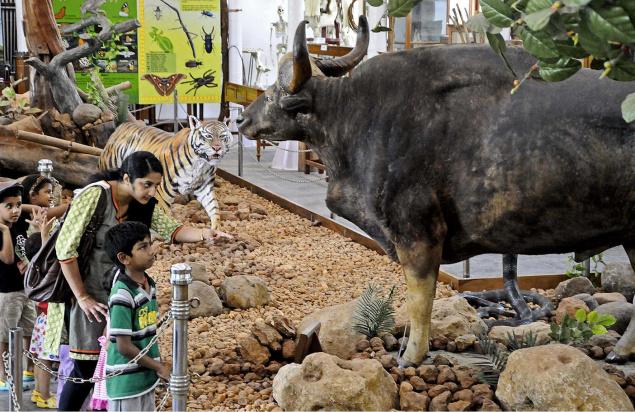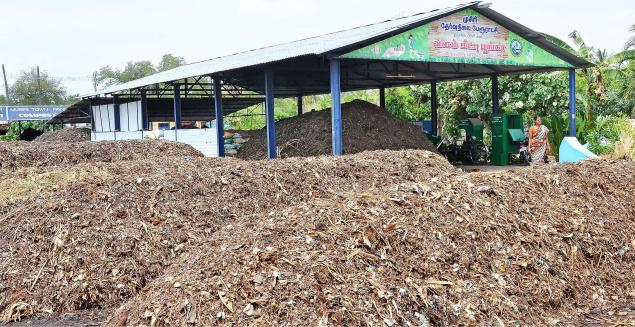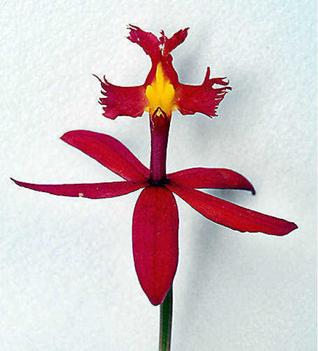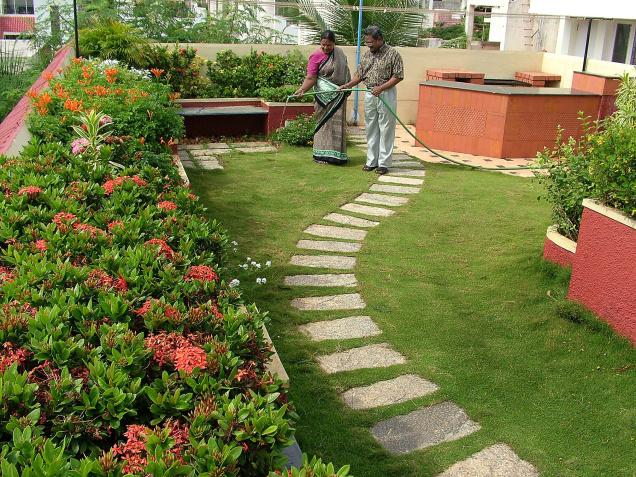Coimbatore :
In an effort to encourage self-help groups (SHG) to organize themselves to facilitate business, district collector Archana Patnaik visited Thenchittur village near Pollachi last week and inspected the betel leaf fields cultivated by a 21-member SHG. She interacted with the group members, talking to them about the cultivation process.
Their efforts yield 6,000kg of betel leaves each month. Keeping environmental concerns in mind, they use organic manure. To encourage their green initiative, the collector ordered the officials to help them get organic certification, which would allow them to sell their produce at higher prices.
“We would get the certification for organic betel leaves and develop the marketing strategy,” said collector Archana Patnaik.
“We used to pick betel leaves in our village. We decided to form an SHG (Thenchittur betel producers). We leased eight acres from a farmer and availed funds through the Pudhu Vazhvu Thittam, a government scheme that provides funds to self-help-groups to start small businesses, with assistance from World bank. They were given funds worth 77,800 in 2011. Our first yield came after three months and we were able to produce 6000kg monthly after that,” said G Latha, an SHG member.
The women from the SHG were involved in irrigation and plucking of betel leaves. “We planted brinjal, spinach and banana as intercrops, for additional revenue,” she added. They market their produce in Valparai and Palani, selling 1kg for 120. Cost of production including wages works out to 70 per kg.
Collector, Archana Patnaik and District Rural Development Agency (DRDA) project director Tha Murugan visited Thamaraikulam village near Kinathukadavu and inspected the coir rope manufacturing unit. Five SHGs have been engaged in the production of coir ropes. The district administration has planned to provide transport facility for the SHGs to boost business.
source: http://www.timesofindia.indiatimes.com / The Times of India / Home> City> Coimbatore / A. Subburaj, TNN / June 15th, 2015



